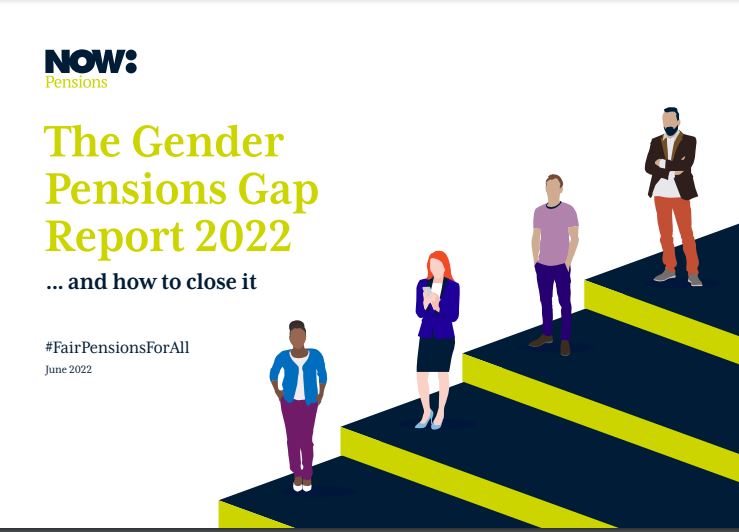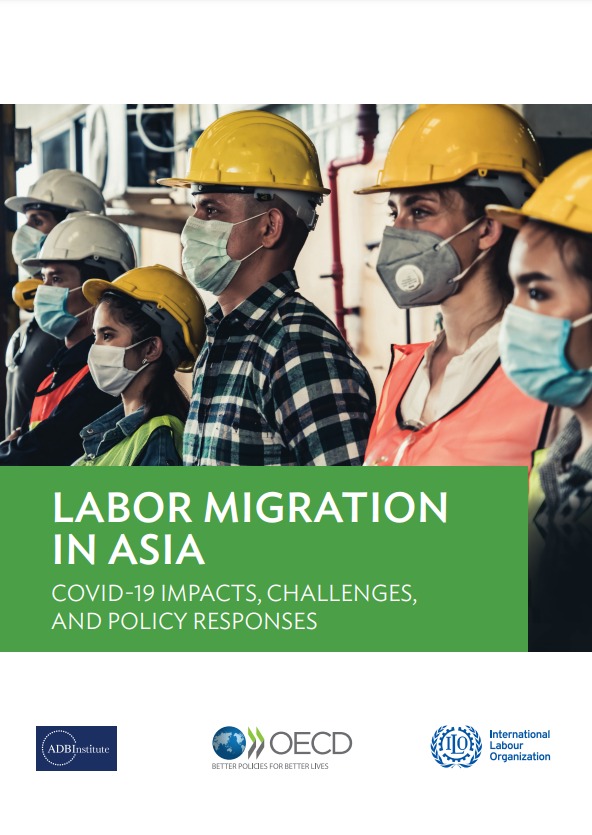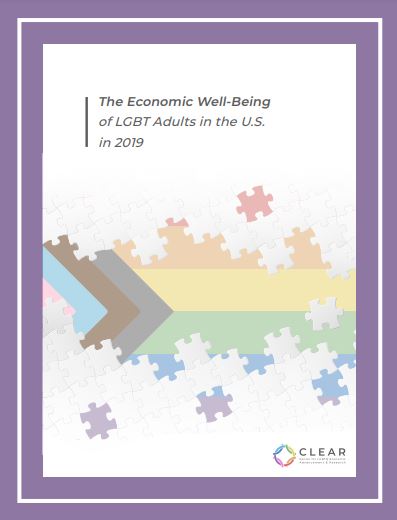Wait Your Turn: Pension Incentives, Workplace Rules and Labor Supply Among Philadelphia Municipal Workers
By David McCarthy & Po Lin Wang Little academic work has examined the labor supply response to pension incentives at the intensive margin. We explore this issue using individual-level administrative and pension data for Philadelphia city employees, where workers have some choice about whether or not to perform overtime, which is pensionable. We document large variation across workers in the incentives to do overtime provided by pension rules. Although standard regressions show that worker overtime is positively associated with own...










